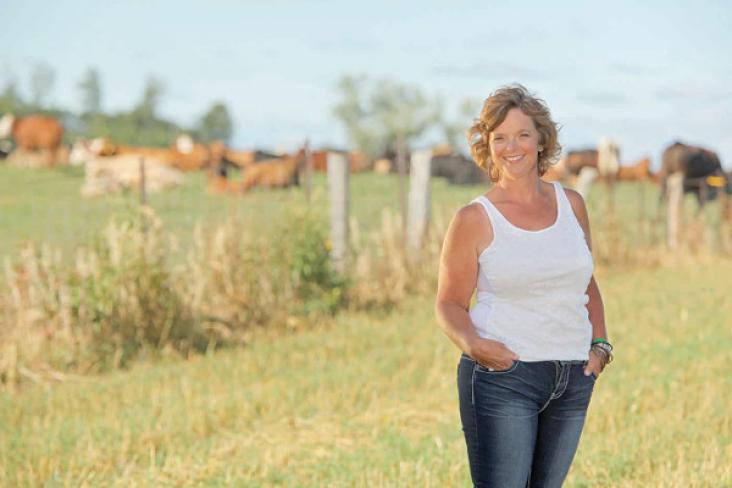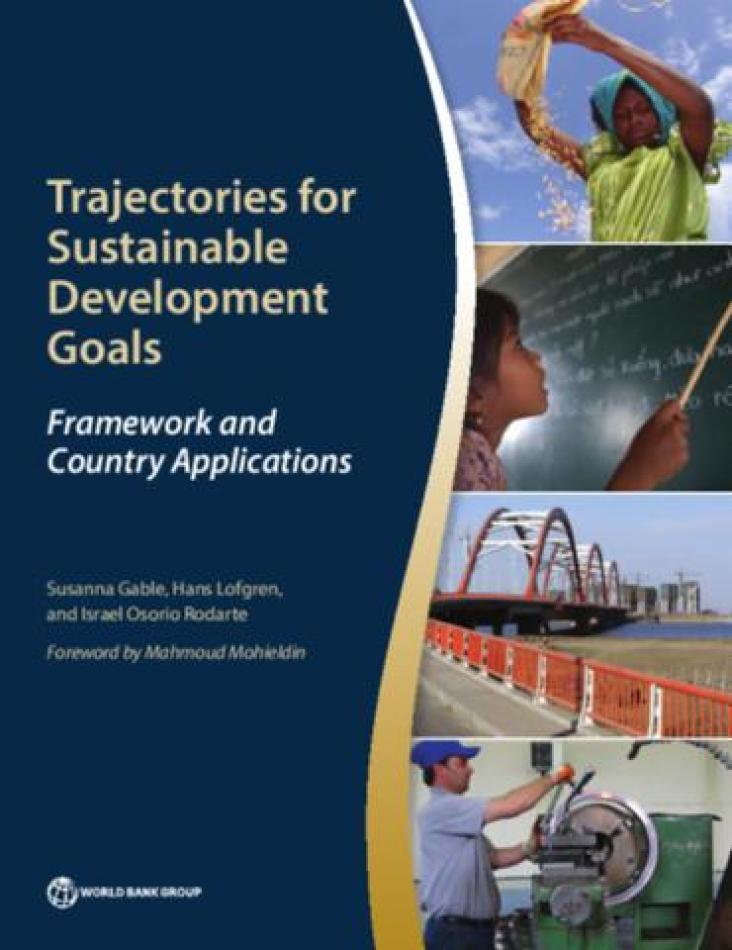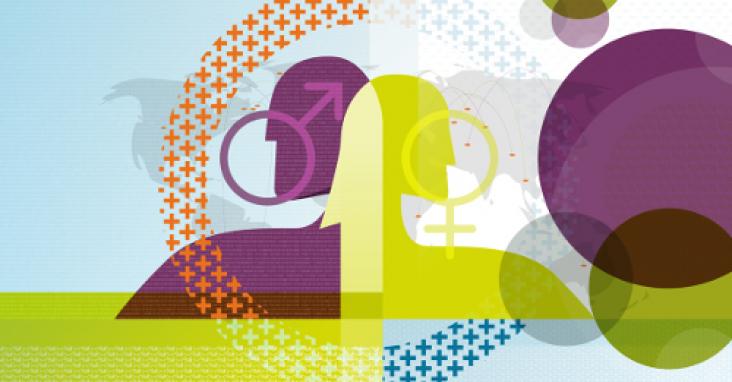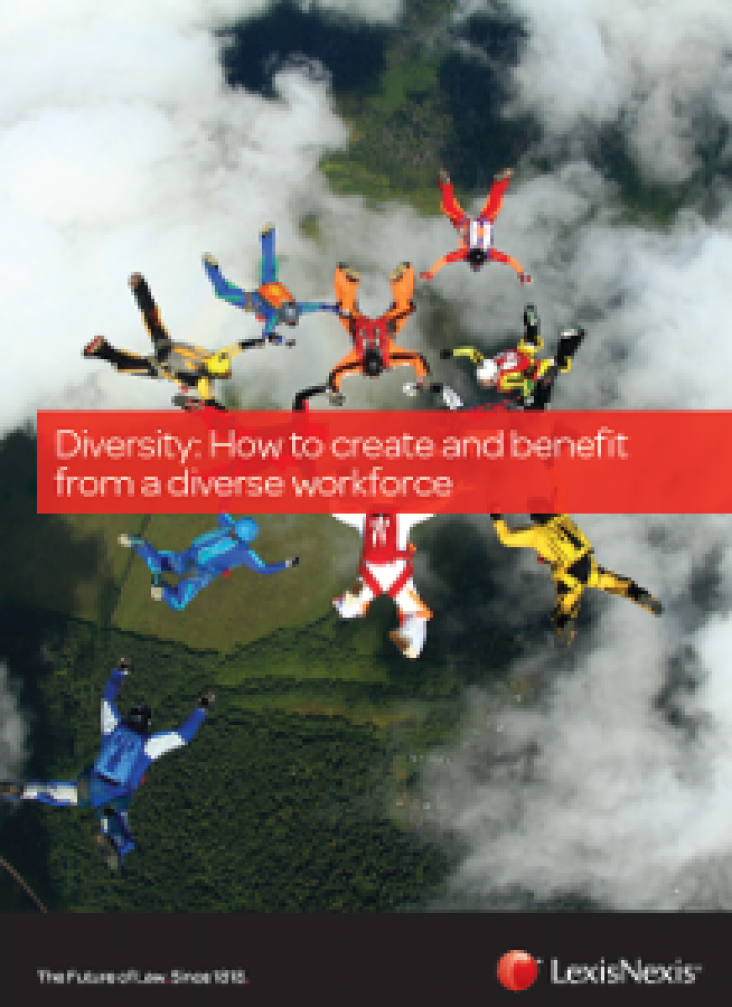
How to feed a population of 9bn in 2050? This was the question posed which provided the impetus for Elsevier to launch the bi-annual International Conference on Global Food Security Conference in 2013. Now in its 3rd year this highly regarded, research-led conference is focusing on five core conference themes to reflect an integrated approach to identifying solutions to the complex global challenge of food security: 1. Food creation 2. Food safety and bio security 3. Food loss and waste 4. Food in a changing society 5. Food utilization. Achieving global food security whilst reconciling demands on the environment is the greatest challenge faced by mankind. This directly supports SDG 2: to end hunger, achieve food security and improved nutrition and promote sustainable agriculture.
The First 100 Years is a ground-breaking history project charting the journey of women in law since 1919. The project’s vision is to ensure a strong and equal future for all women in the legal profession through a deep understanding of the past combined with a celebration of today. It therefore supports SDG 5 with a focus on target 5 concerned with women in leadership positions. This video interview with Lady Hale, the first female President of the Supreme Court, gives a personal account of her being the ‘first’ many times over and the role of women in the legal profession.

This article is taken from the series "The View From Here", in which farming women from around the world give an insight into rural life. From the challenges of making an income to support the family and local economy to dealing with extreme weather and untamed lands, these women give their unique perspective on working in a male-dominated industry. It helps to highlight the importance of SDG 5, Gender equality.

This book presents the country development diagnostics post-2015 framework, developed by the World Bank Group to assess the country-level implications of the post-2015 global agenda, as well as brief, ‘at-a-glance’ applications of the framework to ten countries: Ethiopia, Jamaica, the Kyrgyz Republic, Liberia, Nigeria, Pakistan, Peru, the Philippines, Senegal, and Uganda.

To support the launch of Elsevier's groundbreaking report Gender in the Global Research Landscape, it has created a resource center as a source of information for researchers, research leaders, policymakers and anyone else interested in gender diversity and its impact on science and society. Through this work, Elsevier is committed to SDG 5 to advance gender equality.
To advance Goal 5, this webinar highlights the need for businesses to create economic opportunities for young women around the world.
Including gender in scientific research will maximise the impact of that research. SciDev’s new online course is designed to help students understand why gender is such an important component of research. It also explores the implications for science and global policy agendas, including the climate change agreements and the UN Sustainable Development Goals. This course explores the importance of gender (SDG 5) in science and research (SDG 4).

This paper explores the importance of a diverse workforce for the legal profession. City law firms are losing female talent because these careers have been unable to accommodate flexible working. Setting the business case for a diverse workforce and highlighting cost-effective resource options for law firms, this report helps to advance SDG 5 within the legal profession.
The Women's Empowerment Principles Gap Analysis Tool (WEPs Tool) helps companies benchmark their performance against the 7 WEPs Principles. It helps companies discover their contributions to improve gender equality and identifies areas that need improvement. This tool directly helps to advance SDG 5. The WEPS, a joint initiative of UN Global Compact and UN Women, were developed in 2010 to provide a holistic framework to empower women and girls in the workplace, marketplace, and community.
The Blueprint for Business Leadership on the SDGs aims to inspire all business — regardless of size, sector or geography — to take leading action in support of the achievement of the Sustainable Development Goals (SDGs). It illustrates how the five leadership qualities of Ambition, Collaboration, Accountability, Consistency, and Intentional can be applied to a business' strategy, business model, products, supply chain, partnerships, and operations to raise the bar and create impact at scale. The Blueprint is a tool for any business that is ready to advance its principled approach to SDG action to become a leader. This chapter relates specifically to SDG 5.
